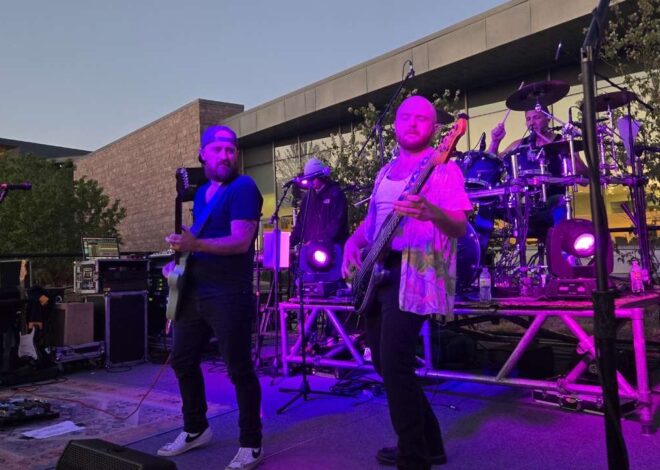SGA Hosts USD Title IX and EEO Coordinator Jean Merkle
On Oct. 31, SGA held their 11th meeting of the year. SGA members heard from guest speaker Jean Merkle, who works as both USD’s Title IX and EEO Coordinator.
Merkle gave information regarding her position on campus as well as the resolution process that occurs after a case of sexual assault takes place on campus.
Once a sexual assault has been reported on USD’s campus, whether that be to UPD directly or to another campus resource, Merkle begins working with the victim one-on-one to offer support, resources and possible options for what their next steps can look like in moving forward.
“We want to make sure that supportive measures are being accounted for once referrals get to me, especially in a circumstance where people feel hurt, betrayed, offended, etc.. We want to help support them in the best way possible,” Merkle said.
Merkle explained that there are three possible options when it comes to sexual assault mediation on campus; there is the no action option, the case closed co-mediation option and then there is the formal hearing option.
The no action option is used in instances where the victim or complainant decides to take no legal or social action, and instead is only asking for resources in moving past their specific situation.
The case closed mediation option occurs in instances where the complainant has decided not to take legal action but wishes to come to a mutual agreement with whoever may have been involved or accused in their specific case.
This typically means a sit down conversation between those involved through the use of a personal representative; in which each person would be allowed one person of their choice to ask questions and speak directly to either the complainant or those accused to create conditions for one another on what they can and cannot do socially to ensure a respectful and safe campus environment moving forward.
The formal hearing option occurs in instances where the victim has decided to go ahead and press charges against the individual who has been accused of crimes pertaining to that specific case.
This means that any details not already being investigated would be handed over to the police and a prosecution or trial would begin to take place.
“It’s important to understand that these options are fluid, at any time during the process of any of these options a person can change their mind, it doesn’t happen a lot, but it does happen as the option is available at all times,” Merkle said.
SGA’s next meeting will be held on Nov. 7 in the Freedom Forum Conference Room in the Al Neuharth Media Center.


